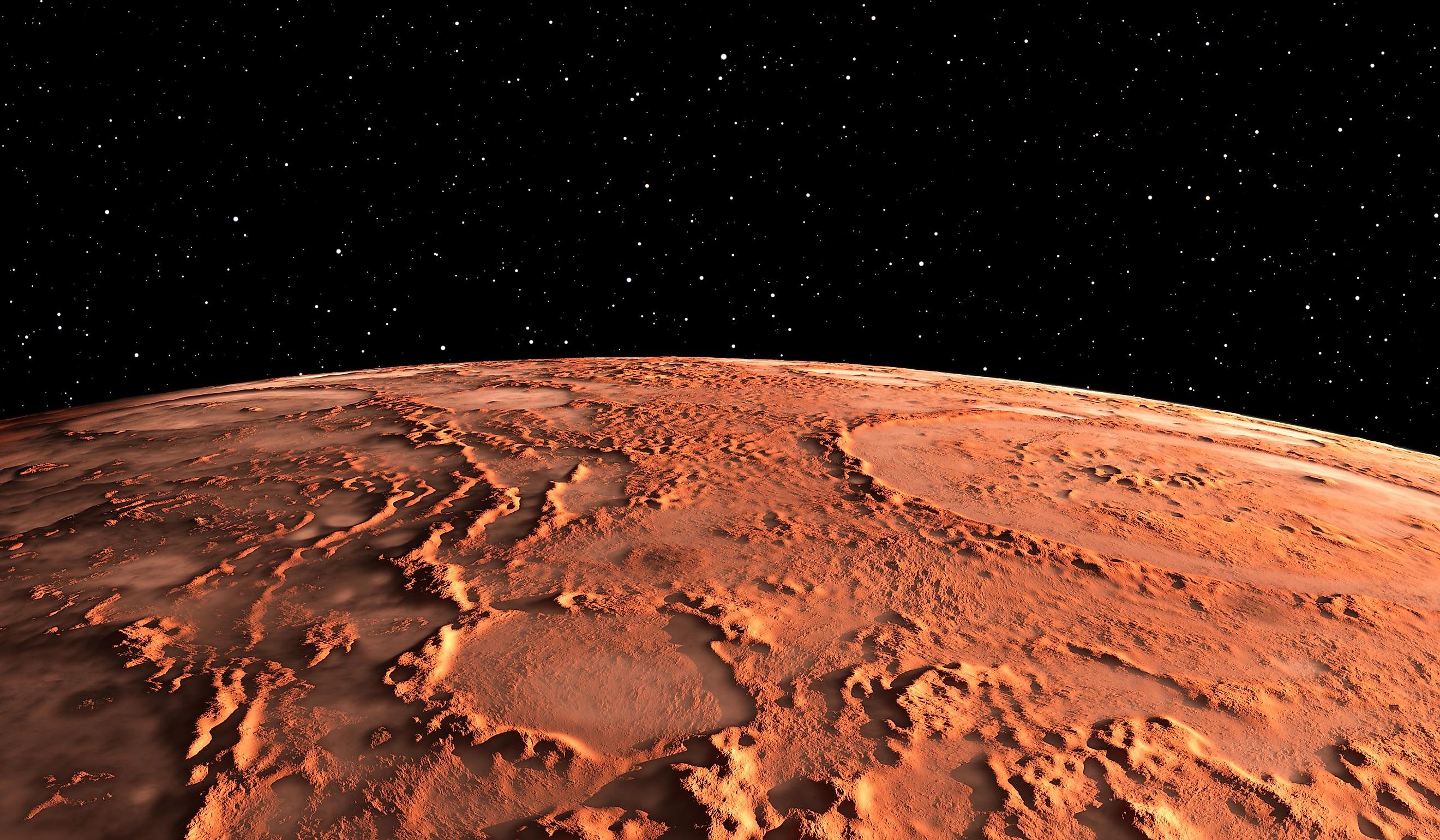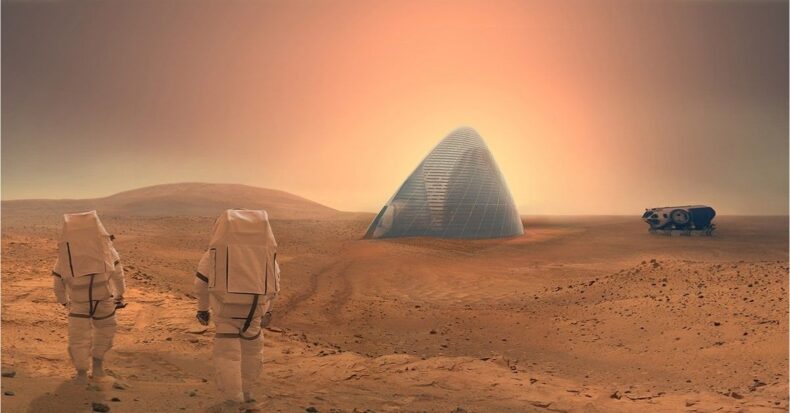
Hey there! If you were given the proposal for a journey to another planet, what would you say? Would you accept it if you were asked to live on some other planet for some years?
All such questions make us think of how it would be like to live in a different world! But is it even feasible to live on another planet? Can we survive there?
With fast-paced continuous technological evolutions and a deeper understanding of outer space, humankind is bound to think about the possibilities of making a house on a planet other than the Earth.
The world’s most powerful private companies and governments are looking forward to land humans on Mars.
When the billionaires Richard Branson and Jeff Bezos have recently visited outer space in their private spacecraft, making space tourism more relevant than ever, the day is not far away when there will be fragments of human population grooving in a house on the red planet.
Why Mars Planet ?

Among the moon and the neighboring planets of the Earth, Mars is the best option to be considered.
The lack of atmosphere on the moon and its exceedingly dry surface would never support life, whereas the immense air pressure and scorching heat on Venus would kill us almost immediately.
Mars would be our only option if there would be a global extinction on Earth due to an asteroid impact. It would be highly feasible if we would sustain living on another planet, say, Mars.
How would it be like to live on Mars Planet ?
Despite being only half the size of Earth, the surface of Mars to a large extent is similar to that of the Earth, with areas of rocky valleys, smooth plains, and highlands.
It also experiences the seasons like the Earth, but the duration is twice as long as Earth. The maximum temperature on Mars is mild at 20°C on the equator during the peak summer.
There is extreme cold for the rest of the year, which is one of the most challenging hurdles for the human settlers on Mars.
The houses on Mars won’t be like the ordinary houses we have on Earth. There would be many complications.
Given the thin air of Mars and high CO2 concentrations (almost 100%), the homes would be airtight like a spacecraft to prevent the loss of oxygen and pressure- which could be highly lethal.
Due to the thin atmosphere, the houses would be buried 2-3 meters deep in the soil to protect from high radiation.
In addition to this, the residents on the red planet would only be able to go out of their homes with a fully pressurized space suit with a breathing apparatus.
There would be no frequent outings or stuff like this.
Houses will be furnished with solar panels for electricity supply and a greenhouse to grow food so that every home would be self-sufficient.
There would be no chance of keeping livestock; one must rely only on vegetarian food to survive.
The solar panels would also require high maintenance, owing to the high incidence of dust storms on Mars.
Every house would be equipped with the necessary machinery for generating oxygen and recycling water.
The electrolysis of water would produce oxygen. There would be the mining of ice reserves found under the Martian land to extract water.
Despite all these complicated cum appealing features, the trip to the red planet would be potentially one-way, and communicating with anyone back on Earth would be almost impossible, thanks to a 20 minutes transmission delay from Mars to Earth.
Future Prospects and Relevance
A house on Mars with all such features with assured sustainability is not feasible with the technology of today’s world.
But it will not be surprising if it will be achieved in the coming years. NASA is looking forward to sending humans on Mars by 2030.
Elon Musk, the ambitious billionaire and founder of SpaceX, confronted in an interview last year that he was confident a crewed mission could take place in 2026.
Having a spacecraft orbiting the planet, The United Arab Emirates promotes a 100-year plan of creating a colony on the red world. China has also cleared its long-term intentions of sending humans to Mars.
Talking about the relevance, travelling to Mars and having a house is a great adventure and exploration.
It is the option if there would be a global extinction on the Earth due to an unprecedented catastrophe.
But living on a different planet is a challenging task both physically and mentally, which can have long-term impacts.
Read more – Supreme Court: Plea to Ban the Convicted MPs and MLAs for Lifetime












